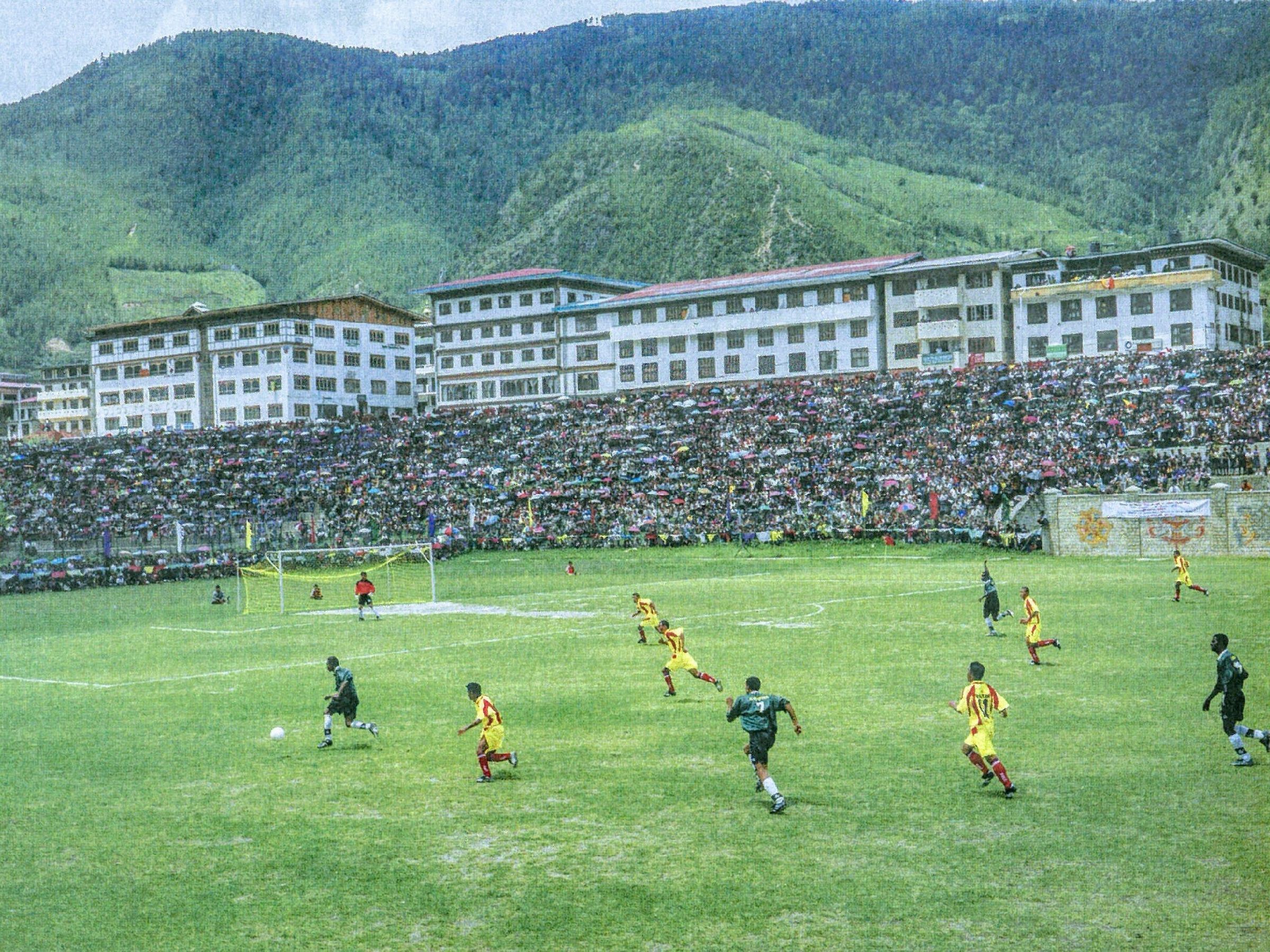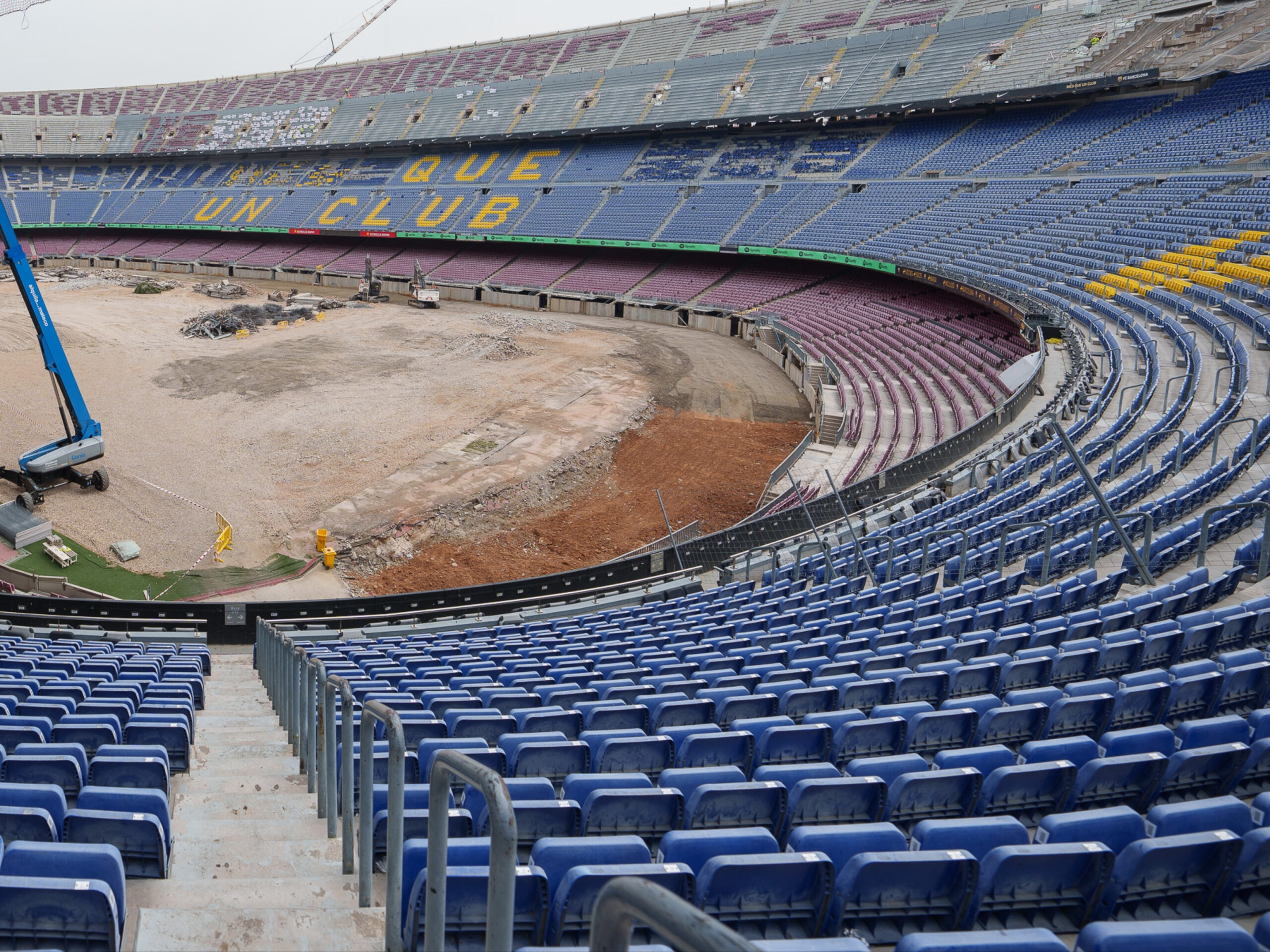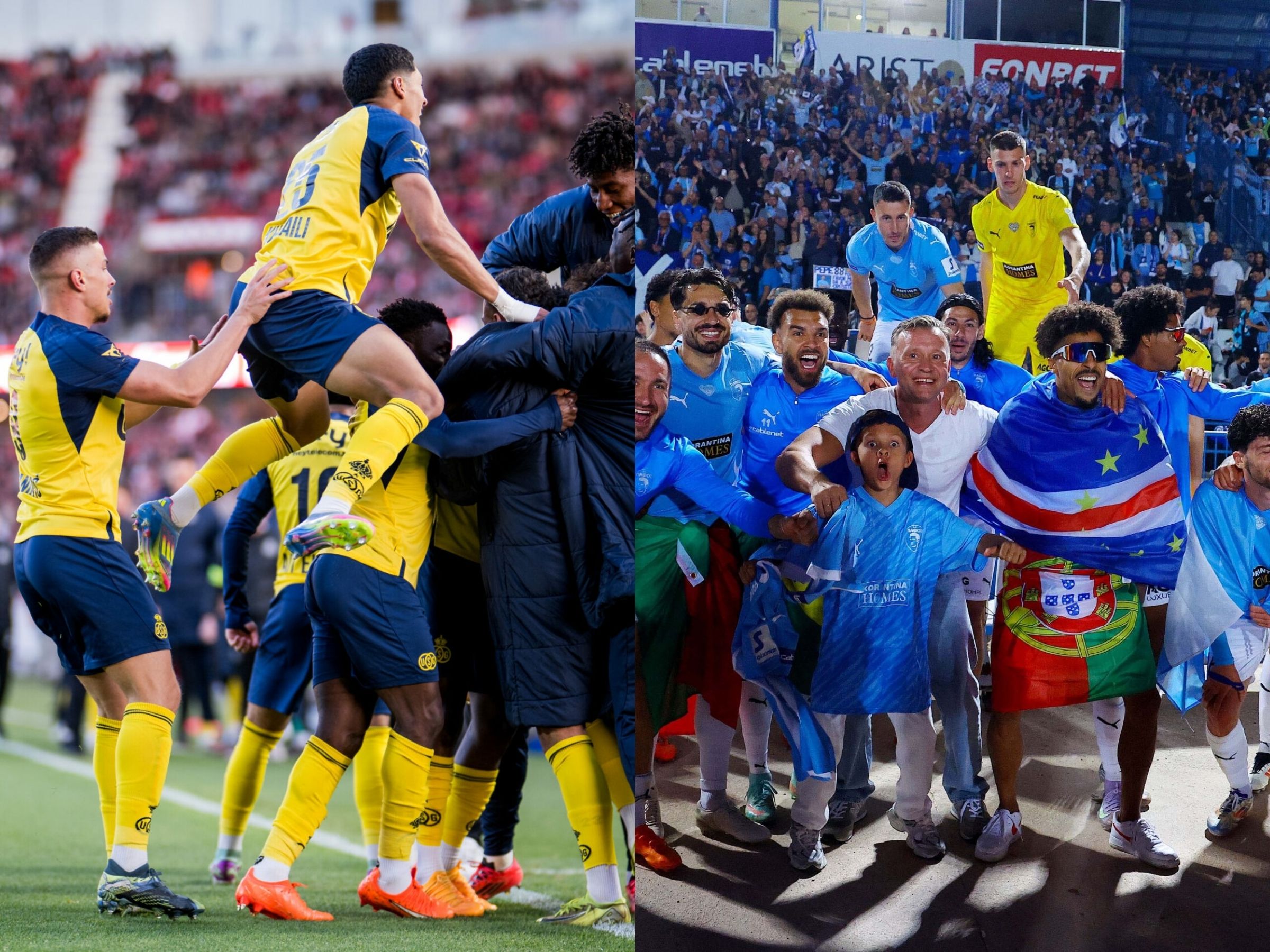In the annals of football history, few stories embody the cruel nature of sport quite like Belgium’s golden generation. For three years, this small European nation of just 11.5 million people stood atop FIFA’s world rankings, yet never secured the silverware their talent suggested was inevitable. This paradox—being simultaneously the best team in the world while failing to win major tournaments—deserves deeper examination.
The Foundation: Building a Golden Generation
Belgium’s rise wasn’t accidental. Following their failure to qualify for the 2006 World Cup and Euro 2008, the Royal Belgian Football Association (RBFA) implemented a complete overhaul of their youth development system. The revolution began with Michel Sablon’s vision in 2006, when he introduced a unified 4-3-3 formation across all age groups and emphasized technical development over physical attributes.
Belgium’s Golden Generation | A Comp 🇧🇪🥉 pic.twitter.com/8T1lDFguwY
— ket (@bfrns_) June 13, 2023
This systematized approach bore fruit extraordinarily quickly. By 2014, Belgium had assembled one of the most talented squads in international football. Thibaut Courtois emerged as an elite goalkeeper, while Premier League winning captain Vincent Kompany, Toby Alderweireld, and Jan Vertonghen formed what should have been an impenetrable defensive wall.
The midfield featured Kevin De Bruyne’s visionary passing and Axel Witsel’s metronomic control, while Eden Hazard and Romelu Lukaku spearheaded an attack that could terrorize any defense.
Tactical Evolution and Limitations
When Roberto Martínez took charge in 2016, he inherited a squad at its peak but made crucial tactical decisions that would both define and ultimately limit Belgium’s success. His shift to a 3-4-3 formation seemed logical on paper—it allowed Hazard and De Bruyne greater freedom while providing width through wing-backs. However, this system exposed fundamental weaknesses that sophisticated opponents would eventually exploit.
The back three, initially comprising Kompany, Alderweireld, and Vertonghen, looked solid but lacked pace. As these defenders aged, their decreasing mobility became increasingly problematic, especially against teams that could quickly transition from defense to attack. France’s semi-final victory in the 2018 World Cup exemplified this vulnerability—Kylian Mbappé’s pace repeatedly exposed the space behind Belgium’s high defensive line.
Martínez’s tactical inflexibility became particularly apparent in crucial matches. Despite having one of the world’s best midfielders in De Bruyne, Belgium often struggled to control games against elite opposition. The team’s reliance on individual brilliance rather than systematic pressing and positional play meant they could be outmaneuvered by well-organized teams.
The Psychology of Pressure
Belgium’s struggles weren’t purely tactical. The psychological burden of being ranked world number one created its own complications. Unlike traditional footballing powerhouses such as Germany or France, Belgium lacked the institutional memory of major tournament success. This absence of winning culture became evident in crucial moments.
The quarter-final collapse against Wales in Euro 2016 highlighted these mental fragilities. Despite taking an early lead through Radja Nainggolan, the team crumbled under Wales’ resolute response. This pattern would repeat—Belgium often played their best football when expectations were lower, such as in the 2018 World Cup quarter-final against Brazil, but struggled when installed as favorites.
Belgium have been eliminated from the 2018 FIFA World Cup. pic.twitter.com/mq2b69GlEy
— FOX Soccer (@FOXSoccer) July 10, 2018
Systematic Issues and Missed Opportunities
Several systemic issues contributed to Belgium’s inability to convert potential into triumph. The domestic league’s relative weakness meant most players developed abroad, leading to a lack of natural cohesion. While this international experience brought sophistication to their play, it also meant the squad rarely trained together for extended periods.
The team’s medical management also deserves scrutiny. Hazard’s career trajectory serves as a prime example—his ankle issues were reportedly mismanaged during international duty, contributing to his dramatic decline after joining La Liga giants Real Madrid. Similar fitness concerns plagued Kompany throughout crucial tournaments, depriving the team of their natural leader when he was most needed.
The English Parallel: Two Golden Generations, Similar Failures
The parallels between Belgium’s golden generation and England’s mid-2000s squad are striking and instructive. England’s team of that era—featuring Frank Lampard, Steven Gerrard, David Beckham, and Wayne Rooney—similarly promised much but delivered little in major tournaments.
Both teams suffered from tactical rigidity. Just as England struggled to accommodate Lampard and Gerrard in midfield, Belgium never quite solved the puzzle of maximizing both Hazard and De Bruyne’s influences simultaneously. Both nations also faced the challenge of translating club success into international achievement—their players often performed better for their clubs than their country.
The media pressure both teams faced created additional burdens. England’s players frequently spoke about the suffocating expectations of their national press, while Belgium’s team carried the hopes of a nation desperate for international recognition through sporting success.
Current Status: A Nation in Transition
Today’s Belgian national team presents a study in reconstruction. The departure of Martínez following the 2022 World Cup group stage exit marked the end of an era. The team now faces the challenge of rebuilding while managing reduced expectations.
Domenico Tedesco’s appointment as head coach signals a shift in approach. His emphasis on pressing and vertical football represents a departure from Martínez’s possession-based system. New talents like Jeremy Doku, Charles De Ketelaere, and Amadou Onana suggest Belgium’s talent pipeline hasn’t run dry, but the golden generation’s level of individual quality seems unlikely to be replicated soon.
Legacy and Historical Context
Belgium’s golden generation will be remembered as one of football’s great unfulfilled promises, alongside the Netherlands of the 1970s and Portugal’s early 2000s squad. However, their impact on football extends beyond their trophy cabinet.
They demonstrated how a small nation could systematically develop world-class talent through focused youth development and clear tactical principles. The Belgian model has been studied and partially replicated by numerous football associations worldwide.
Their story also serves as a cautionary tale about the gap between individual talent and collective achievement. Future generations of footballers and coaches will study this era to understand how extraordinary potential can remain unfulfilled despite seemingly perfect conditions.
The legacy of this generation isn’t merely one of failure—it’s a complex narrative about the challenges of converting individual brilliance into team success, the importance of tactical flexibility, and the weight of expectations in modern football. While they may not have won the trophies their talent deserved, they transformed Belgium from a football backwater into a respected force in international football—a achievement that, while different from their original ambitions, remains significant in its own right.





